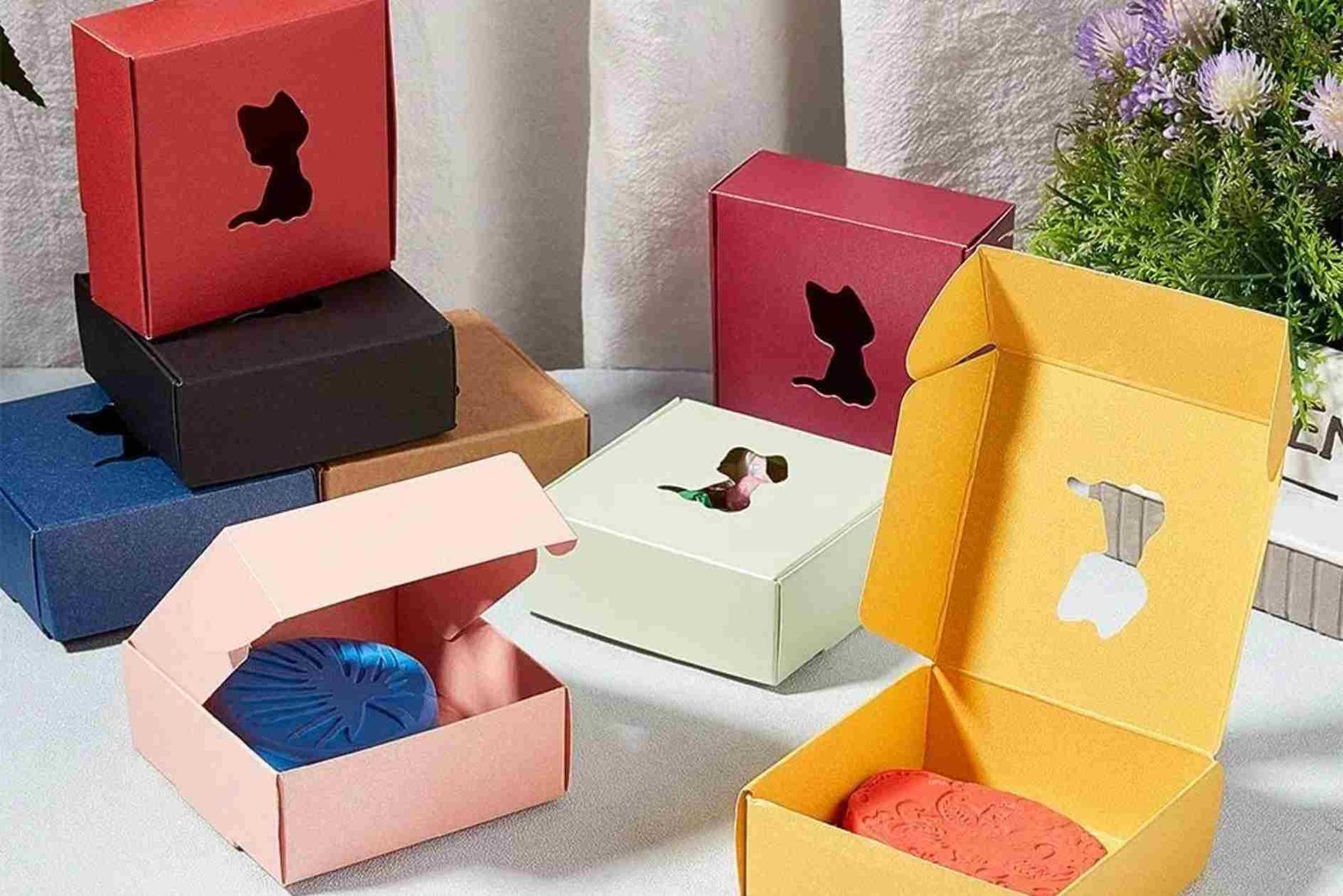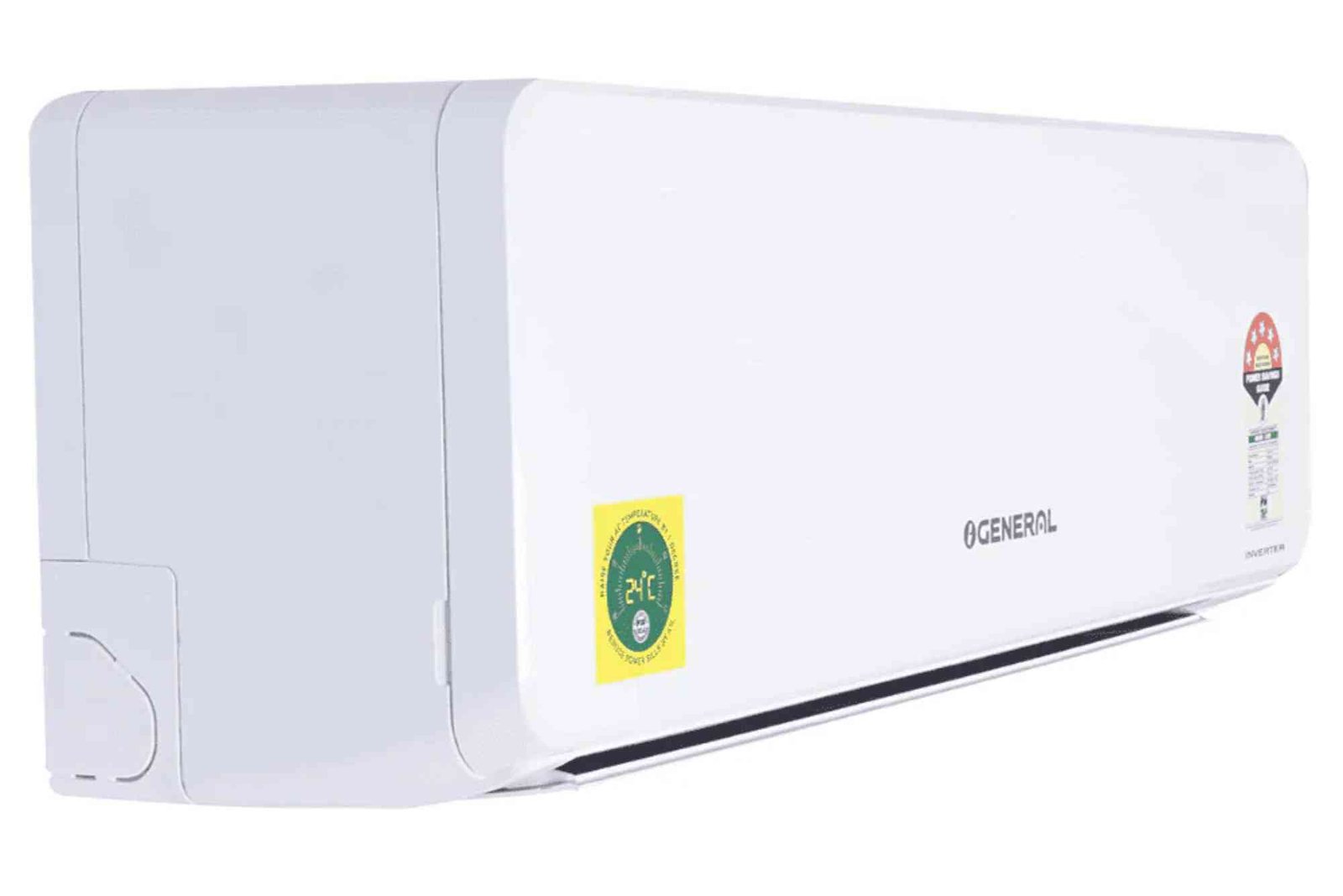The UK retail and e-commerce industries are growing rapidly, and with them comes a rising demand for innovative packaging. Businesses today are no longer just looking for a container; they want packaging that tells their brand story, aligns with regulations, and appeals to consumer psychology. Selecting the right custom boxes UK can directly impact sales, sustainability efforts, and customer loyalty.
This article explores practical strategies for choosing custom boxes while integrating real-world insights, regional initiatives, and expert commentary.
Why Custom Packaging is Essential for UK Businesses
Quick Answer: Custom packaging improves brand identity, compliance, and customer satisfaction.
According to the Packaging Federation, the UK packaging industry generates over £11 billion annually, showing its vital role in the economy. For businesses, packaging is more than a protective layer; it is a marketing channel.
Key benefits include:
-
Stronger brand recognition in competitive markets
-
Eco-friendly appeal to modern customers
-
Compliance with UK and EU regulations
-
Enhanced unboxing experiences for e-commerce
Understanding Consumer Psychology in Packaging
Quick Answer: Colors, design, and texture influence buying decisions.
A 2024 NielsenIQ survey reported that 70% of consumers are swayed by packaging when choosing between similar products. Effective packaging combines:
-
Color psychology: green suggests eco-friendliness, black indicates luxury.
-
Textures & finishes: embossed logos and matte coatings add a premium feel.
-
Clarity: minimalism often signals trustworthiness.
This is especially important for lifestyle products such as Vape Packaging, where branding helps products stand out despite strict regulatory labeling.
Eco-Friendly Choices for Custom Boxes
Quick Answer: Sustainable packaging meets both consumer expectations and legal requirements.
The UK government’s Extended Producer Responsibility (EPR) regulations demand businesses take responsibility for packaging waste. To stay compliant and customer-friendly, businesses can use:
-
Recyclable kraft paper
-
Biodegradable or compostable plastics
-
Minimal ink usage with soy-based inks
-
Lightweight designs to reduce carbon footprint
Eco-conscious packaging boosts brand image and demonstrates corporate responsibility.
Technology Integration in Packaging
Quick Answer: Smart packaging improves safety, engagement, and traceability.
The UAE has been a pioneer in tech-driven packaging, with youth-focused programs such as the National Program for Coders encouraging innovation. Similarly, UK brands are adopting technologies like:
-
QR codes for product authentication
-
NFC chips to provide additional product details
-
AR (Augmented Reality) to create interactive unboxing experiences
As the CEO of Ignite Pakistan once noted: “Tech-driven packaging is the future, where safety, compliance, and brand engagement converge.”
Mistakes to Avoid When Choosing Custom Boxes
Quick Answer: Avoid poor material choices and overcomplicated designs.
Common errors include:
-
Using weak materials that don’t survive shipping
-
Ignoring labeling compliance requirements
-
Overloading designs with cluttered visuals
-
Neglecting the unboxing experience, which customers often share online
A smart approach combines durability with simplicity.
Midpoint Anchor Placement: Investing in the Right Packaging Partner
Businesses that want both style and compliance should consider expert providers.
Investing in Custom Boxes UK ensures tailored solutions that balance durability, sustainability, and branding. This minimizes risks and maximizes customer appeal.
Regional Case Study: UAE’s Luxury Packaging Influence
Quick Answer: UAE packaging shows how luxury and compliance can work together.
In Dubai and Abu Dhabi, packaging is treated as part of the brand identity, not an afterthought. Startups supported by government-backed incubators often merge luxury design with compliance requirements, creating packaging that appeals locally and internationally.
UK businesses can draw lessons from this model: quality, sustainability, and tech integration lead to long-term success.
Packaging for E-Commerce Success
Quick Answer: E-commerce packaging should protect products and enhance customer experience.
With 27% of UK retail sales now online, businesses must ensure packages are:
-
Sturdy enough to handle delivery chains
-
Cost-effective in shipping weight and size
-
Branded for social-media-worthy unboxing
This is where specialized solutions like Vape Packaging become a competitive advantage, balancing compliance with brand appeal.
Choosing the Right Printing Technique
Quick Answer: Printing determines the look and feel of custom packaging.
Options include:
-
Offset printing for vibrant, high-quality designs
-
Flexographic printing for economical large runs
-
Digital printing for small, customized batches
The choice depends on budget, design complexity, and order volume.
FAQs
Q1. What is the most eco-friendly packaging option in the UK?
Recyclable kraft paper and soy-based inks are top choices.
Q2. How can startups afford custom packaging?
Digital printing allows low-cost, small-volume customization.
Q3. What are the legal rules for vape packaging?
UK law requires health warnings, child-resistant designs, and nicotine labeling.
Q4. How can packaging improve brand awareness?
Through consistent logos, colors, and storytelling across all boxes.
Q5. Which industries benefit most from custom boxes?
Retail, food, e-commerce, cosmetics, and vaping sectors.
Q6. Can packaging reduce shipping costs?
Yes, lightweight and right-sized boxes cut costs significantly.
Q7. How important is unboxing in customer retention?
Very important—customers often share experiences online, influencing new buyers.
Final Thought
From my perspective as someone closely following packaging trends in the UK and Middle East, the smartest approach to custom boxes is a balance of compliance, sustainability, and creativity. Programs like Pakistan’s STZA and Ignite, as well as UAE’s innovation incubators, show how tech and youth-driven ideas can revolutionize packaging.
In my opinion, UK businesses that view packaging as an investment in customer trust and brand identity—rather than an expense—will lead the next wave of e-commerce and retail success. Custom packaging is no longer optional; it’s a strategic tool for growth.




